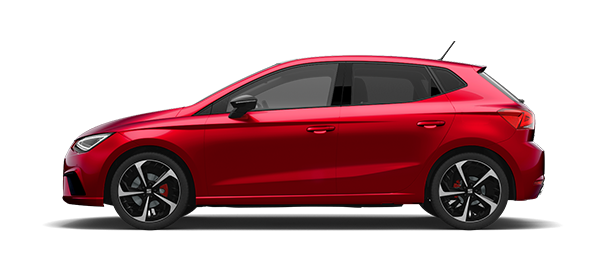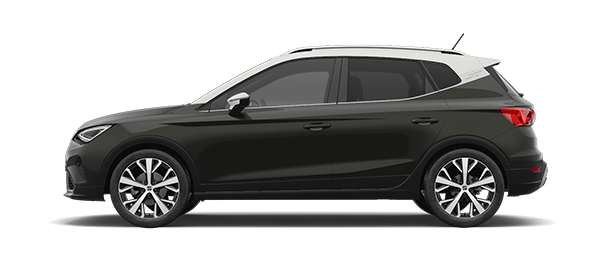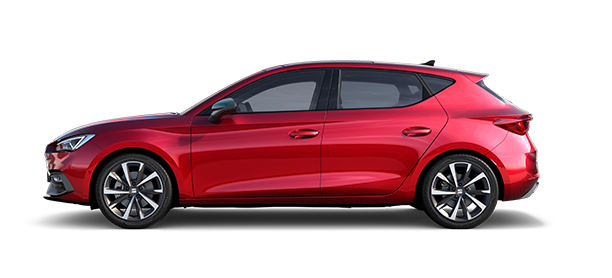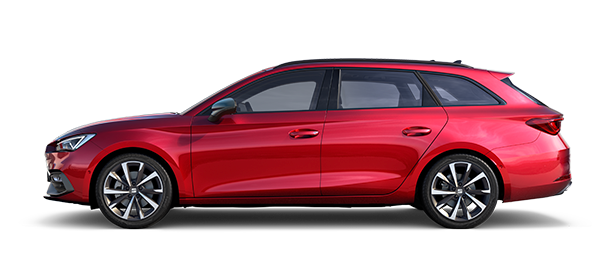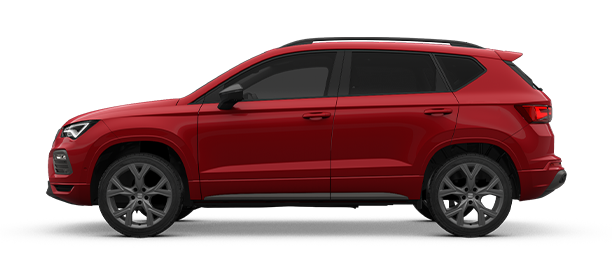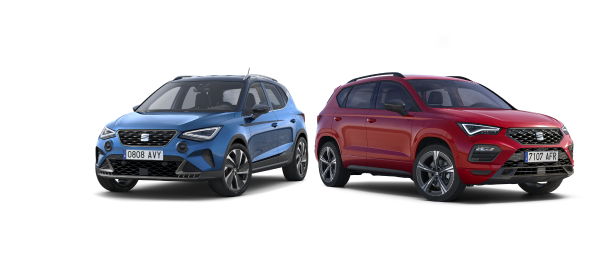With the holiday season in full swing, many people are going to make long car journeys, and for these to go smoothly, it is very important to pay attention to what you eat before setting off and during your trip. Eating the wrong food can cause drowsiness, fatigue, anxiety or stomach upsets that affect your concentration, which can considerably increase the risk of having an accident. In the words of Dr. Mari Carmen López of the SEAT CARS medical centre, “it's not good enough to tell yourself it'll go away soon; you have to be in full control of your faculties and stay as comfortable as possible, and that includes eating the right food.”
Kilocalories at the wheel
Driving is an activity that burns from 1,000 to 1,350 kcal a day, similar to resting. For this reason, a driver does not require a large intake of food, but rather should limit it to 2,000 / 2,500 kcal per day. But “you should never get behind the wheel on an empty stomach, as you could suffer low blood sugar and dizziness. Furthermore, hunger pangs diminish your attention span as you mind is on other things”, explains Dr. López.
Small quantities at regular intervals
Large meals lead to drowsiness, abdominal pains, heartburn and gas, all symptoms that alter your ability to concentrate. After lunch, for example, it has been demonstrated that performance decreases by 10%. Dr. López recommends “making frequent stops and eating small quantities, and after the main meal, walk around for 15 minutes or take a nap to clear your head.”
Foods to avoid
Pasta, rice, onions and tomatoes do not make good driving companions.
Deep-fried, batter-fried, spicy food and sauces can become obstacles for safe driving. At the wheel it is also best to steer clear of rice, beans and pasta. As driving is an activity that does not require a significant calorie intake, it is best not to eat too many carbs as they cause bloating. Besides, they digest easily and make you feel hungry again very soon. Eating too much of citric fruits, onions and tomatoes, even though they are healthy, causes acid indigestion, so it is best to avoid them with a full day of driving ahead.
H2O, the essential fuel
Dehydration is just as dangerous for a driver as being under the influence of alcohol.
According to a study published by Loughborough University (UK) and the European Hydration Institute, drivers who are not adequately hydrated makes mistakes similar to those with a blood alcohol level of 0.8 g/l, as if they had drunk 4 glasses of wine. The most common are involuntary lane departures, late braking reflexes and easing onto the shoulder. According to Dr. López, “dehydration can lead to dizziness, vomiting and in the most extreme cases, loss of consciousness.” For this reason it is essential to drink fluids, especially in hot weather and at each stop. Water is the best option, but it can be mixed with fruit juice or soft drinks. As far as caffeine goes, Dr. López points out that “a couple of coffees or teas during the day might help you stay alert, but more than that can give you the jitters.” Energy drinks while driving are absolutely inadvisable.
Can you eat or drink while driving?
Most European traffic rules do not expressly prohibit this. However, both can cause distractions and restrict freedom of movement. A study by the University of Leeds (UK) concludes that reaction time while eating goes down by up to 44%. In Spain, for example, drivers caught eating or drinking face a fine of €200; £100 in the UK and the loss of three points on their driving licence. Therefore, rest stops should be used to eat and replenish fluids.
Menu for drivers:
Breakfast:
- Two slices of toast with cooked ham or cheese
- Piece of fruit
- Coffee or tea
In-between meal:
- Vegetarian sandwich and water
Lunch:
- Salad
- Grilled or roast meat or fish
- Fruit
- Water and coffee or tea
Snack:
- Fruit, yogurt and water
Dr. López suggests this menu because “it supplies sufficient nutrients and is light enough to prevent heavy digestions and stomach problems.”





